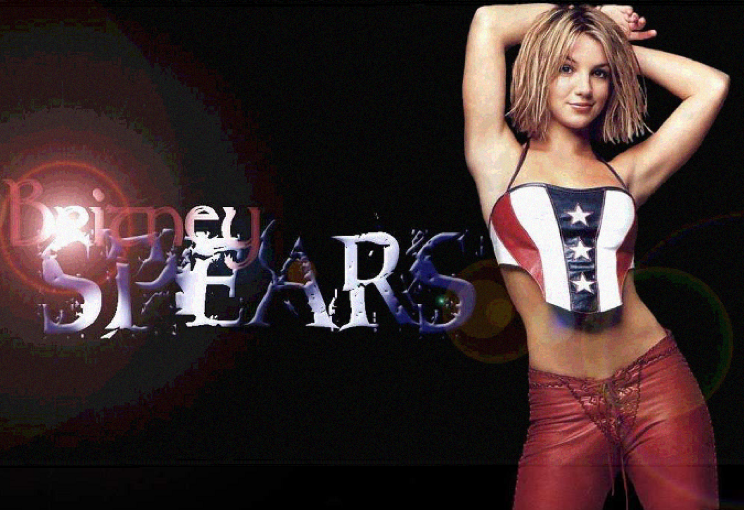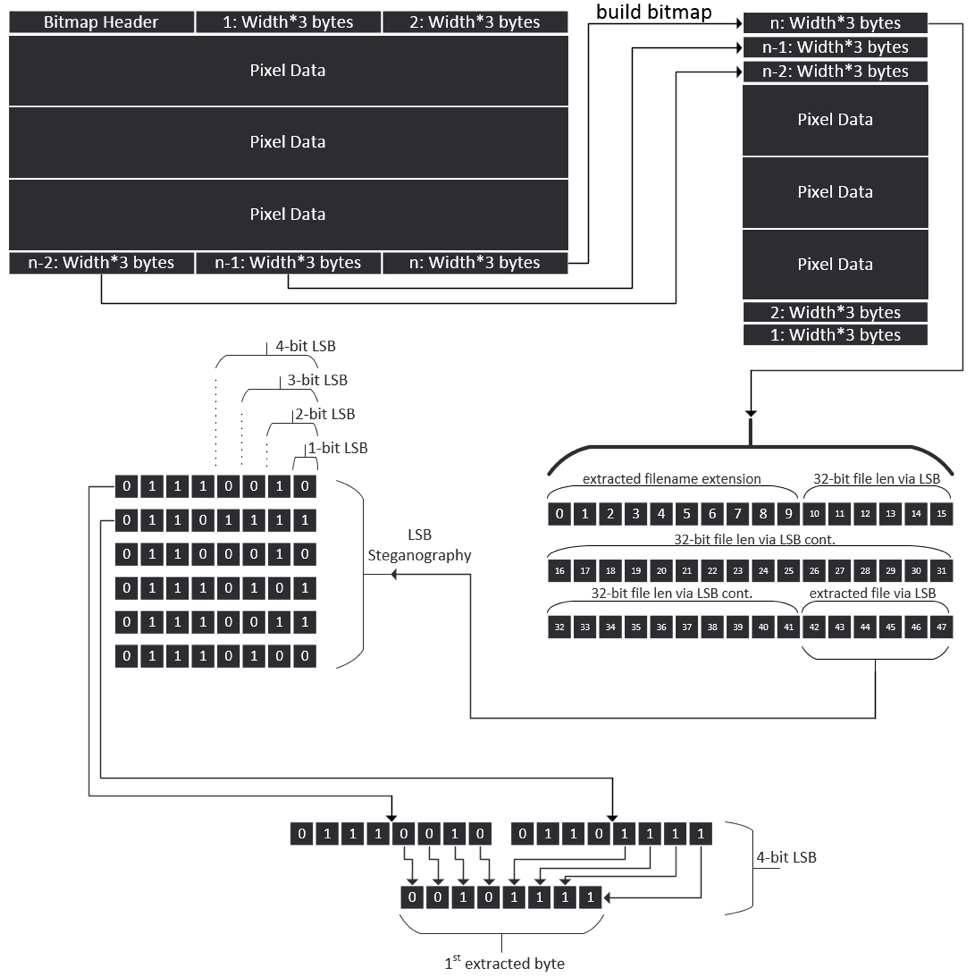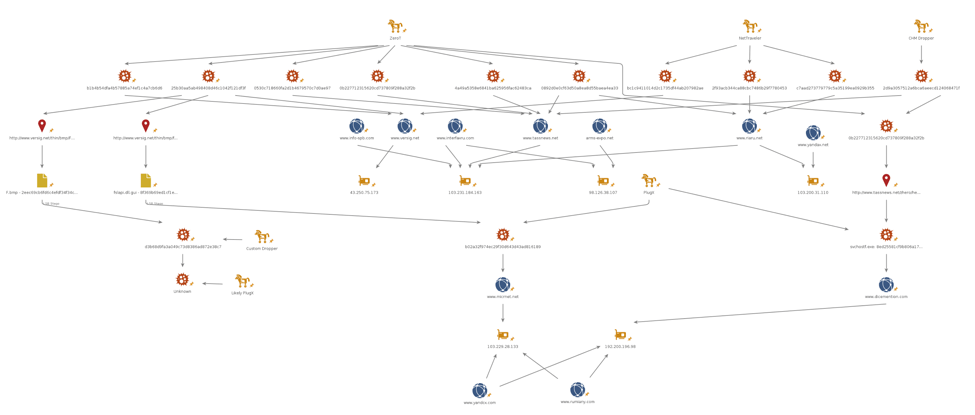Overview
Although state-sponsored attacks against the United States by Chinese threat actors have decreased dramatically since the signing of the US-China Cyber Agreement in 2016, Proofpoint researchers have continued to observe advanced persistent threat (APT) activity associated with Chinese actors targeting other regions. We have previously written about related activity [2][3] in which a particular China-based attack group used PlugX and NetTraveler Trojans for espionage in Europe, Russia, Mongolia, Belarus, and other neighboring countries. Most recently, we have observed the same group targeting military and aerospace interests in Russia and Belarus. Since the summer of 2016, this group began using a new downloader known as ZeroT to install the PlugX remote access Trojan (RAT) and added Microsoft Compiled HTML Help (.chm) as one of the initial droppers delivered in spear-phishing emails.
This blog details the function of the new malware, provides delivery details for elements of the APT activity, and describes additional changes in tactics, techniques, and procedures (TTPs) associated with this group.
Delivery
In previous campaigns, the group used spear-phishing emails with Microsoft Word document attachments utilizing CVE-2012-0158, or URLs linking to RAR-compressed executables. Although some of these patterns of behavior still continue, in June 2016 we observed the attackers using a new type of dropper to deliver a previously unknown malware we named "ZeroT". Specifically, the CHM file 20160621.chm (SHA256: 4ef91c17b1415609a2394d2c6c353318a2503900e400aab25ab96c9fe7dc92ff) dropped the first known sample of ZeroT.
The proprietary Microsoft HTML Help file format (.chm) is used for software documentation and may consist of HTML pages and other compressed files. This particular CHM contained an HTM file and an executable file. The HTM file contained the text displayed to the user and referenced the executable svchost.exe (SHA256: d1c4a51064aeec4c11a8f90f80a3b60a36c07cce2dde0756c114e477d63ce375). Thus, opening the CHM has the effect of running the executable (the UAC dialog is shown in Figure 1).
Figure 1: The dropper file 20160621.chm with a Russian-language lure pretends to be from the “Defense Industry of Russia in the 21st Century”; user must accept the UAC warning before malware executes.
Figure 2: Listing of the files in the CHM file and their partial contents
Attackers also continued to send spear-phishing emails with Microsoft Word attachments utilizing CVE-2012-0158 to exploit the client. These documents were built with MNKit, described in detail here [6][7]. For example, the email with subject “Федеральная целевая программа 2017-2020 гг.” (translated from Russian: “Federal Target Program 2017-2020 gg.”) contained an attachment “2017-2020.doc” and was sent to a potential victim in an aerospace company in December 2016.
Figure 3: Email sent to potential victim in aerospace company contained a MNKit-generated CVE-2012-0158 exploit document
Throughout the second half of 2016 we also found many RAR archives and RAR SFX (self-extracting executables) of ZeroT; example names are listed in the table below. Several refer to Commonwealth of Independent States (CIS), a regional organization that includes nine out of the fifteen former Soviet Republics, including Russia and Belarus [5].
|
Filename |
Translation |
|
Изменения в списке аффилированных лиц по состоянию на 21.06.2016 г.scr |
Changes in the list of affiliates as of 06.21.2016 g.scr |
|
УВЕДОМЛЕНИЕ О КОНФИДЕНЦИАЛЬНОСТИ.rar |
NOTICE of CONFIDENTIALITY.rar |
|
ПОВЕСТКА ДНЯ 72-го заседания Экономического совета Содружества Независимых Государств.rar |
AGENDA OF THE DAY for 72-nd meeting of the Economic Council of the Commonwealth of Independent States.rar |
|
Проекты.scr |
Projects.scr |
|
План.scr |
Plan.scr |
|
08_11_2016 СНГ.7z |
08_11_2016 CIS.7z |
Table 1: Examples of RAR compressed executables or simply .scr executables of ZeroT
Analysis
This section provides an analysis of ZeroT, its delivery and obfuscation techniques.
UAC Bypass and Sideloading
Throughout our investigation, many of the analyzed ZeroT RAR SFX samples (e.g. 67693ddb6236d3ef790059409ae240212c47acfd8c1c76d65c3ef19096fdf43b) contained a file named Go.exe which performs Windows UAC bypass. This executable contains a PDB path indicating its purpose of bypassing UAC (Fig. 4).
Figure 4: PDB path containing Chinese characters translating to “Desktop”
This executable is obfuscated using the same technique that is reused in the sideload DLL and the ZeroT payload (described later). When run, Go.exe modifies the registry key shown in Figure 5 to perform the UAC bypass by exploiting Event Viewer [1].
Figure 5: Modified registry key to execute Zlh.exe exploiting a UAC bypass vulnerability in eventvwr.exe
It then executes eventvwr.exe which proceeds to execute Zlh.exe using the UAC bypass vulnerability (Fig. 6).
Figure 6: Zlh.exe is executed via the eventvwr.exe UAC bypass vulnerability
Zlh.exe is a legitimate, signed Norman Safeground AS application, which is used to sideload a malicious nflogger.dll DLL.The encrypted ZeroT payload is usually named NO.2.mui. The sideloaded DLL does not always use the same vulnerable executable, but it is always similar in functionality. Usually the DLL is not packed, but we have observed instances compressed by UPX. This malicious DLL is usually obfuscated with the same junk code: dummy API calls inserted in between real instructions (Fig. 7). The same obfuscation can be found in multiple functions in ZeroT itself.
Figure 7: Dummy API calls for obfuscation
This DLL has no other noticeable characteristics, as it functions like a typical malicious sideload. After loading the encrypted payload in memory, it transfers the execution to a shellcode that is located at the beginning of the file. Even if the process is similar for the PlugX RAT sideloaded later, the shellcode and obfuscation have nothing in common. Once loaded in memory, the ZeroT shellcode does not present any kind of obfuscation, unlike that for PlugX. This shellcode is charged with unpacking the encrypted and compressed payload. As in the new PlugX dropper detailed below, this is done using RC4 and RtlDecompressBuffer. As in PlugX samples, the PE header of ZeroT has been tampered with, specifically the “MZ” and “PE” constants (Fig. 8). On some PlugX versions, either “GULP” or “XV” are common as tags replacing the “MZ” constant.
Figure 8 : Altered ZeroT PE Header
ZeroT Command and Control Protocol
ZeroT communicates with its command and control (C&C) over HTTP. A fake User-Agent is used in all the requests made by this malware: “Mozilla/6.0 (compatible; MSIE 10.0; Windows NT 6.2; Tzcdrnt/6.0)”, with “Tzcdrnt” possibly being a typo of “Trident.” In all the samples we observed, ZeroT first beacons to index.php expecting an RC4-encrypted response using a static key: “(*^GF(9042&*” (Fig. 9).
Figure 9: ZeroT initial beacon over HTTP requesting URL configuration
In the decrypted initial server response (Fig. 10,11), ZeroT expects several URLs including a location to POST system information prefixed with “w:” and a download location for any stage 2 payloads denoted with an “r:” prefix.
Figure 10: Decrypted tassnews[.]net index.php response containing several URLs
Next, ZeroT uses HTTP POST beacons to transmit information about the infected system to the C&C. The first beacon contains the following data: “Cn=%s&La=%s&” where Cn is the computername and La is the local IP address (Fig. 11). While the first beacon is transmitted in cleartext it is probable that this behavior was unintentional as subsequent POST beacons in the loop are encrypted. The first POST beacon is followed by another in the following format (Fig. 11,12): “Lg=%d&Pv=%d&Bu=%%s&Cn=%s&Cu=%s&Dn=%s&Ki=%s&La=%s&Me=%s&Os=%s&Ov=%s&Pt=%s&Fl=%%d” that is RC4-encrypted with the following key: “s2-18rg1-41g3j_.;”. This POST sends basic fingerprinting data including computer name, system language, domain information and Windows versioning.
Figure 11: Initial plaintext POST beacon
Figure 12: RC4-encrypted POST beacon
The final piece of ZeroT’s C&C protocol is to retrieve any stage-2 payloads. In the initial samples of ZeroT, the tassnews[.]net C&C was used to distribute plain, non-encoded PE payloads (Fig. 13). Although we were not able to retrieve all the payloads that may have existed at this C&C, the ones we did observe were RAR SFX archives used to deliver PlugX.
Figure 13: ZeroT downloading non-encoded PlugX Stage 2
The ZeroT samples communicating to versig[.]net functioned differently from samples using tassnews[.]net where Bitmap (BMP) [8] URLs (Figure 14) were provided as a stage 2 payload instead of EXEs (Fig. 14).
Figure 14: Decrypted versig[.]net index.php response with F.bmp stage 2
The BMPs used for stage 2 in all the instances we analyzed looked like normal images (Fig. 15, 16) which indicated a form of steganography is being used that minimizes changes to the appearance of the image.
Figure 15: F.bmp image containing stage 2 hidden using steganography
Analysis of the F.bmp image revealed that it is indeed using Least Significant Bit (LSB) Steganography [9,10], a commonly used form of steganography that embeds data in an image without significantly affecting its appearance.
Analysis of ZeroT’s Bitmap LSB Steganography
ZeroT uses a single, large function for the custom LSB algorithm that occurs as the first function in the samples we analyzed. It may selectively choose to extract one, two, three, or four bits per pixel byte depending on the size of the embedded payload and the image being used, meaning it is capable of 1-, 2-, 3-, and 4-bit LSB (Fig. 16).
Figure 16: Diagram depicting portions of ZeroT’s LSB steganography algorithm
The first step in the algorithm extracts the width and height from the image. A 24-bit depth Bitmap is assumed while calculating the size of memory needed (3*Width*Height) to store all the pixels in the image, which is allocated using malloc. Next, because Bitmaps are padded to 32-bit boundaries, ZeroT will check to see if any padding exists by AND’ing 3*Width. If that value is not zero, then it is subtracted from four which is then used as the padding.
The following step in the algorithm is to assemble the bitmap row by row. Technically what occurs is as follows: iteratively 3*Width bytes, beginning at the hardcoded offset of 54, are copied to the end of the previously allocated memory (malloc’d 3*Width*Height). Padding is then skipped, if any exists, followed by the next 3*Width bytes until all rows of pixels are copied.
Next, starting at offset 10 of the assembled bitmap, ZeroT extracts a 32-bit value from 32-bytes using 1-bit LSB that is used to indicate the size of the embedded stage 2 payload. The stage 2 file extension is then extracted starting at offset nine and working its way backwards until a period is found (e.g., “.exe”).
Finally, ZeroT checks various values such as the image length against the needed bits to complete the length of the extracted payload [8*len(extracted payload)]. Depending on the result, ZeroT will decide to use 1-, 2-, 3-, or 4-bit LSB. Lastly, once each bit is extracted, all the bits will be compiled into bytes to form the extracted stage 2 payload.
Stage 2 Payloads
Until the end of 2016, PlugX payloads were delivered as RAR SFX archives and used one of the usual sideload executables such as fsguidll.exe. ZeroT sets up the persistence for these samples, adding a new service to run PlugX during system startup (Fig 17).
Figure 17: ZeroT configures PlugX service to run during startup
Of interest, a recent ZeroT sample (SHA256: a9519d2624a842d2c9060b64bb78ee1c400fea9e43d4436371a67cbf90e611b8) downloaded a much smaller BMP payload (SHA256: 25de9c3f7bf1f0be7eb84cf90efb643d5d51ce1742da8bcc4c7db0eec79a221f). This was an example where the stage 2 payload was distributed using a custom dropper instead of RAR SFX. This dropper loads the resources (Fig. 18), decrypts them using the MD5 hash of a command line argument as the RC4 key (note: crypto API is used instead of the custom RC4 implementation) and decompresses it with LZNT1 via the RtlDecompressBuffer API. There are three Resource items contained in the payload that would eventually decrypt to: “fsguidll.exe”, “fslapi.dll”, and “flsapi.dll.gui.” Unfortunately, when the payload extracted from the BMP is executed, no command line argument is provided so none of the resources are properly decrypted and decompressed. Based on the file names and size of fslapi.dll.gui, it is very likely that PlugX is the intended stage 2 payload.
Figure 18: Resources loaded by the custom dropper
Finally, in all other cases where a stage 2 payload was successfully retrieved, PlugX was delivered. None of the PlugX samples that we analyzed were issued from new builders (internal version 20141028), and therefore they do not present any kind of new techniques. The extracted PlugX configurations are provided in Appendices A and B [10].
Infrastructure Links
In addition to their similar TTPs, ZeroT infrastructure has been continuously shared with NetTraveler and both malware families share the same C&C domains.
- The C&C domain www.tassnews[.]net was used by initial samples of ZeroT in June 2016. It was concurrently used by NetTraveler (example SHA256: b43cbc905088c08ee3b71b6e053f91f2c79d71556462eae1c13f1cc8eb5bec72) as well as long prior [3]
- The C&C domain www.riaru[.]net was observed used by at least one sample of ZeroT (SHA256: fc2d47d91ad8517a4a974c4570b346b41646fac333d219d2f1282c96b4571478). This domain was previously tied to NetTraveler as well [3]
- The C&C domain www.versig[.]net is used by many samples of ZeroT from September 2016 to January 2017. This domain was also used by many NetTraveler samples as well (example SHA256: 0d6d789d603d6d9ba68131592fd595c4d82c0288be309876d27a53466158b312) in the time frame from October 2016 to January 2017
The PlugX samples downloaded by ZeroT exhibit infrastructure connections to PlugX samples described in our 2015 blog about this group, “In Pursuit of Optical Fibers and Troop Intel: Targeted Attack Distributes PlugX in Russia”. Specifically:
- The C&C domain dicemention[.]com was configured (or not removed from) in the PlugX (SHA256: 3149fb0ddd89b77ecfb797c4ab4676c63d157a6b22ba4c8f98e8478c24104dfa) downloaded by ZeroT (SHA256: d1c4a51064aeec4c11a8f90f80a3b60a36c07cce2dde0756c114e477d63ce375). This domain was also used by PlugX samples described in the 2015 blog
Note also an interesting connection: the hostname www.riaru[.]net resolved to IP 103.200.31[.]110 which also responded for yandax[.]net. One of the PlugX C&Cs (www[.].micrnet[.]net) resolved to 103.229.28[.]133 which also resolved to yandcx[.]com.
Figure 19: Illustration of infrastructure connections on a limited set of samples
Conclusion
This APT activity represents both a change in TTPs as well as the introduction of new malware known as ZeroT by a Chinese state-sponsored attack group that we have previously associated with multiple campaigns. Proofpoint researchers have predicted that APT activity will continue to increase in the coming year and we will continue to track developments among state-sponsored actors.
References
[1] https://enigma0x3.net/2016/08/15/fileless-uac-bypass-using-eventvwr-exe-and-registry-hijacking/
[2] https://www.proofpoint.com/us/threat-insight/post/PlugX-in-Russia
[3] https://www.proofpoint.com/us/threat-insight/post/nettraveler-apt-targets-russian-european-interests
[4] https://en.wikipedia.org/wiki/Microsoft_Compiled_HTML_Help
[5] https://en.wikipedia.org/wiki/Commonwealth_of_Independent_States
[8] https://en.wikipedia.org/wiki/BMP_file_format
[9] https://en.wikipedia.org/wiki/Least_significant_bit
[10] https://github.com/arbor-jjones/volatility_plugins
Indicators of Compromise (IOCs)
RAR / 7-Zip archives
38566230e5f19d2fd151eaf1744ef2aef946e17873924b91bbeaede0fbfb38cf
ee81c939eec30bf9351c9246ecfdc39a2fed78be08cc9923d48781f6c9bd7097
ec3405e058b3be958a1d3db410dd438fba7b8a8c28355939c2319e2e2a338462
f2b6f7e0fcf4611cb25f9a24f002ba104ee5cf84528769b2ab82c63ba4476168
CHM droppers
4ef91c17b1415609a2394d2c6c353318a2503900e400aab25ab96c9fe7dc92ff
ee2e2937128dac91a11e9bf55babc1a8387eb16cebe676142c885b2fc18669b2
74dd52aeac83cc01c348528a9bcb20bbc34622b156f40654153e41817083ba1d
Word Exploit documents
9dd730f615824a7992a67400fce754df6eaa770f643ad7e425ff252324671b58
ZeroT
09061c603a32ac99b664f7434febfc8c1f9fd7b6469be289bb130a635a6c47c0
1e25a8bd1ac2df82d4f6d280af0ecd57d5e4aef88298a2f14414df76db54bcc4
399693f48a457d77530ab88d4763cbd9d3f73606bd860adc0638f36b811bf343
3be2e226cd477138d03428f6046a216103ba9fa5597ec407e542ab2f86c37425
67693ddb6236d3ef790059409ae240212c47acfd8c1c76d65c3ef19096fdf43b
74eb592ef7f5967b14794acdc916686e061a43169f06e5be4dca70811b9815df
a16078c6d09fcfc9d6ff7a91e39e6d72e2d6d6ab6080930e1e2169ec002b37d3
a685cf4dca6a58213e67d041bba637dca9cb3ea6bb9ad3eae3ba85229118bce0
a9519d2624a842d2c9060b64bb78ee1c400fea9e43d4436371a67cbf90e611b8
aa7810862ef43d4ef6bec463266b7eb169dbf3f7f953ef955e380e4269137267
b7ee556d1d1b83c5ce6b0c903244c1d3b79654cb950105b2c03996cdd4a70be8
c15255b9a55e7a025cf36aca85eb6cc48571d0b997a93d4dfa4eacb49001cc8d
c5d022f0815aeaa27afb8f1efbce2771d95914be881d288b0841713dbbbeda1a
d1c4a51064aeec4c11a8f90f80a3b60a36c07cce2dde0756c114e477d63ce375
fc2d47d91ad8517a4a974c4570b346b41646fac333d219d2f1282c96b4571478
97016593c53c7eeecd9d3a2788199f6473899ca8f07fafcd4173464f38ee0ab4
PlugX:
b185401a8562614ef42a84bc29f6c21aca31b7811c2c0e680f455b061229a77f
3149fb0ddd89b77ecfb797c4ab4676c63d157a6b22ba4c8f98e8478c24104dfa
07343a069dd2340a63bc04ba2e5c6fad4f9e3cf8a6226eb2a82eb4edc4926f67
ZeroT C&C
www.tassnews[.]net
www.versig[.]net
www.riaru[.]net
PlugX C&C
www.micrnet[.]net
www.dicemention[.]com
Likely Related C&C
www.rumiany[.]com
www.yandcx[.]com
ET and ETPRO Suricata/Snort Coverage
2810326,ETPRO TROJAN PlugX Related Checkin
2821027,ETPRO TROJAN APT.ZeroT CnC Beacon Fake User-Agent
2821028,ETPRO TROJAN APT.ZeroT CnC Beacon HTTP POST
2824640,ETPRO TROJAN APT.ZeroT CnC Beacon
2824641,ETPRO TROJAN APT.ZeroT Receiving Config
Appendix A: Example PlugX Configuration
Sample hash: 07343a069dd2340a63bc04ba2e5c6fad4f9e3cf8a6226eb2a82eb4edc4926f67
PlugX Config (0x36a4 bytes):
Hide Dll: 0
Keylogger: -1
Sleep1: 167772160
Sleep2: 0
Cnc: www.micrnet[.]net:80 (HTTP / UDP)
Cnc: www.micrnet[.]net:80 (TCP / HTTP)
Cnc: www.micrnet[.]net:80 (UDP)
Cnc: www.micrnet[.]net:443 (HTTP / UDP)
Cnc: www.micrnet[.]net:443 (TCP / HTTP)
Cnc: www.micrnet[.]net:443 (UDP)
Cnc: www.micrnet[.]net:53 (HTTP / UDP)
Cnc: www.micrnet[.]net:53 (TCP / HTTP)
Cnc: www.micrnet[.]net:53 (UDP)
Persistence: Run key
Install Folder: %AUTO%\TCMyXfeFAd
Service Name: pQwEPnz
Service Display Name: pQwEPnz
Service Desc: Windows pQwEPnz Service
Reg Hive: HKCU
Reg Key: Software\Microsoft\Windows\CurrentVersion\Run
Reg Value: mJqyCsNGBsge
Injection: 1
Inject Process: %windir%\explorer.exe
Inject Process: %ProgramFiles(x86)%\Windows Media Player\wmplayer.exe
Inject Process: %windir%\system32\svchost.exe
Uac Bypass Injection: 1
Uac Bypass Inject: %windir%\explorer.exe
Uac Bypass Inject: %windir%\system32\rundll32.exe
Uac Bypass Inject: %windir%\system32\dllhost.exe
Uac Bypass Inject: %windir%\system32\msiexec.exe
Plugx Auth Str: TEST
Cnc Auth Str: DuICS
Mutex: Global\WtMKAPYYxoWMoWW
Screenshots: 0
Screenshots Sec: 10
Screenshots Zoom: 50
Screenshots Bits: 16
Screenshots Qual: 50
Screenshots Keep: 3
Screenshot Folder: %AUTO%\FS\screen
Enable Tcp P2P: 1
Tcp P2P Port: 1357
Enable Udp P2P: 1
Udp P2P Port: 1357
Enable Icmp P2P: 1
Icmp P2P Port: 1357
Enable Ipproto P2P: 1
Ipproto P2P Port: 1357
Enable P2P Scan: 1
P2P Start Scan1: 0.0.0.0
P2P Start Scan2: 0.0.0.0
P2P Start Scan3: 0.0.0.0
P2P Start Scan4: 0.0.0.0
P2P End Scan1: 0.0.0.0
P2P End Scan2: 0.0.0.0
P2P End Scan3: 0.0.0.0
P2P End Scan4: 0.0.0.0
Mac Disable: 00:00:00:00:00:00
Appendix B: Example PlugX Configuration
Sample hash: 3149fb0ddd89b77ecfb797c4ab4676c63d157a6b22ba4c8f98e8478c24104dfa
Process: fsguidll.exe (3980)
PlugX Config (0x36a4 bytes):
Hide Dll: 0
Keylogger: -1
Sleep1: 167772160
Sleep2: 0
Cnc: www.dicemention[.]com:80 (HTTP / UDP)
Cnc: www.dicemention[.]com:443 (HTTP / UDP)
Cnc: www.dicemention[.]com:25 (HTTP / UDP)
Cnc: www.dicemention[.]com:80 (TCP / HTTP)
Cnc: www.dicemention[.]com:443 (TCP / HTTP)
Cnc: www.dicemention[.]com:25 (TCP / HTTP)
Cnc: www.dicemention[.]com:80 (UDP)
Cnc: www.dicemention[.]com:443 (UDP)
Cnc: www.dicemention[.]com:25 (UDP)
Persistence: Service + Run Key
Install Folder: %AUTO%\IZBpIciif
Service Name: yAjUgUdMGHuvGaZ
Service Display Name: yAjUgUdMGHuvGaZ
Service Desc: Windows yAjUgUdMGHuvGaZ Service
Reg Hive: HKCU
Reg Key: Software\Microsoft\Windows\CurrentVersion\Run
Reg Value: RqdFqFSYaBx
Injection: 1
Inject Process: %windir%\system32\svchost.exe
Inject Process: %windir%\explorer.exe
Inject Process: %ProgramFiles%\Internet Explorer\iexplore.exe
Inject Process: %ProgramFiles(x86)%\Windows Media Player\wmplayer.exe
Uac Bypass Injection: 1
Uac Bypass Inject: %windir%\system32\msiexec.exe
Uac Bypass Inject: %windir%\explorer.exe
Uac Bypass Inject: %windir%\system32\rundll32.exe
Uac Bypass Inject: %windir%\system32\dllhost.exe
Plugx Auth Str: TEST
Cnc Auth Str: NBz
Mutex: Global\ksMoQGOTIBJXumYclXtcsAnx
Screenshots: 0
Screenshots Sec: 10
Screenshots Zoom: 50
Screenshots Bits: 16
Screenshots Qual: 50
Screenshots Keep: 3
Screenshot Folder: %AUTO%\FS\screen
Enable Tcp P2P: 1
Tcp P2P Port: 1357
Enable Udp P2P: 1
Udp P2P Port: 1357
Enable Icmp P2P: 1
Icmp P2P Port: 1357
Enable Ipproto P2P: 1
Ipproto P2P Port: 1357
Enable P2P Scan: 1
P2P Start Scan1: 0.0.0.0
P2P Start Scan2: 0.0.0.0
P2P Start Scan3: 0.0.0.0
P2P Start Scan4: 0.0.0.0
P2P End Scan1: 0.0.0.0
P2P End Scan2: 0.0.0.0
P2P End Scan3: 0.0.0.0
P2P End Scan4: 0.0.0.0
Mac Disable: 00:00:00:00:00:00











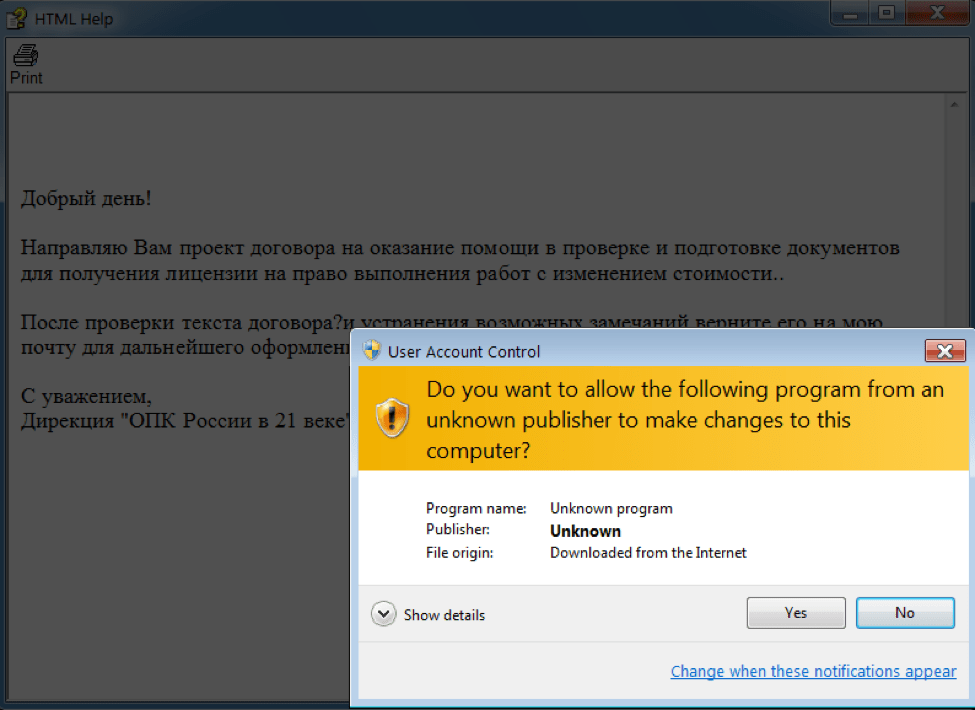
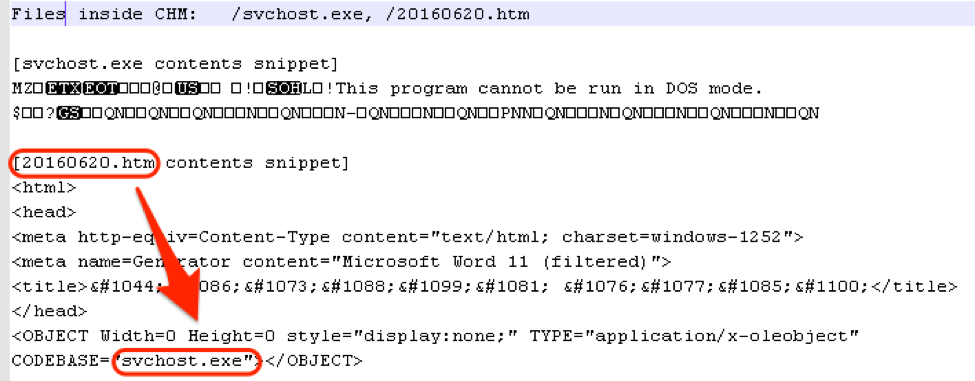
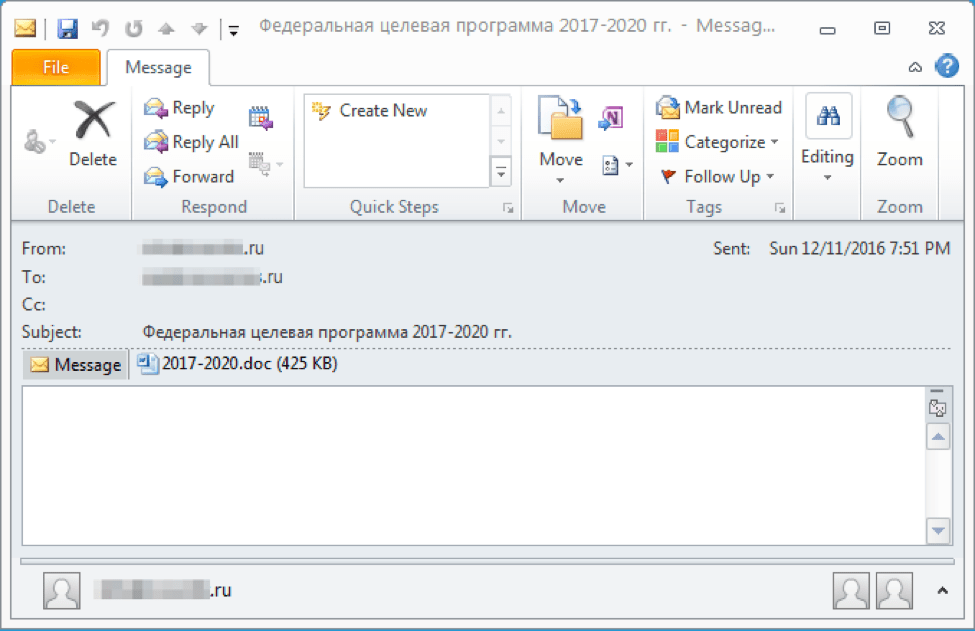



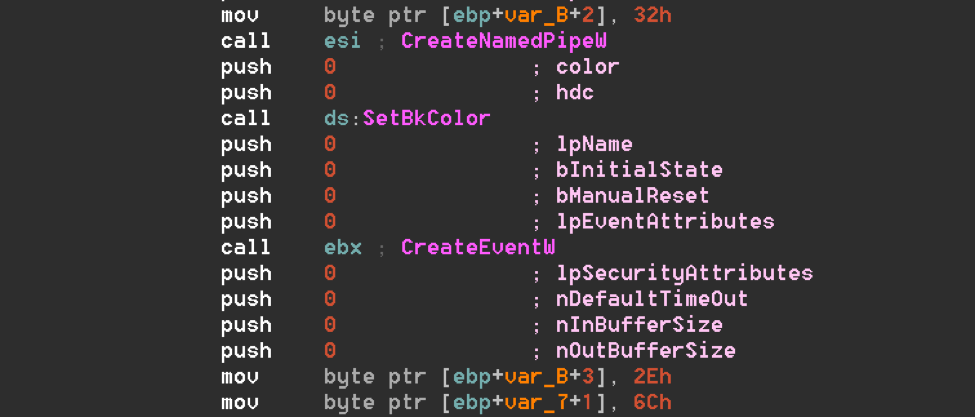


![Decrypted tassnews[.]net index.php response containing several URLs](/sites/default/files/apt-10.png)



![Decrypted versig[.]net index.php response with F.bmp stage 2](/sites/default/files/apt-14.png)
